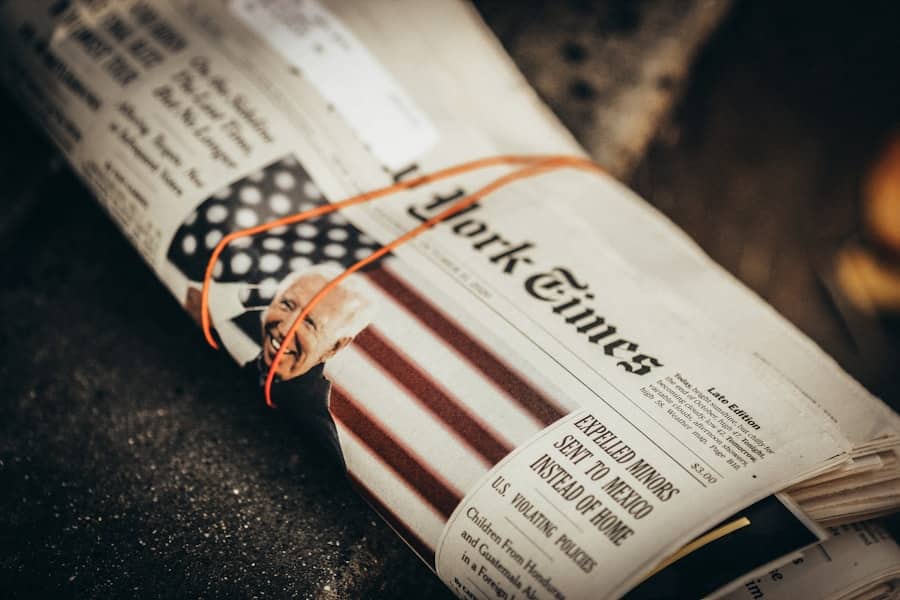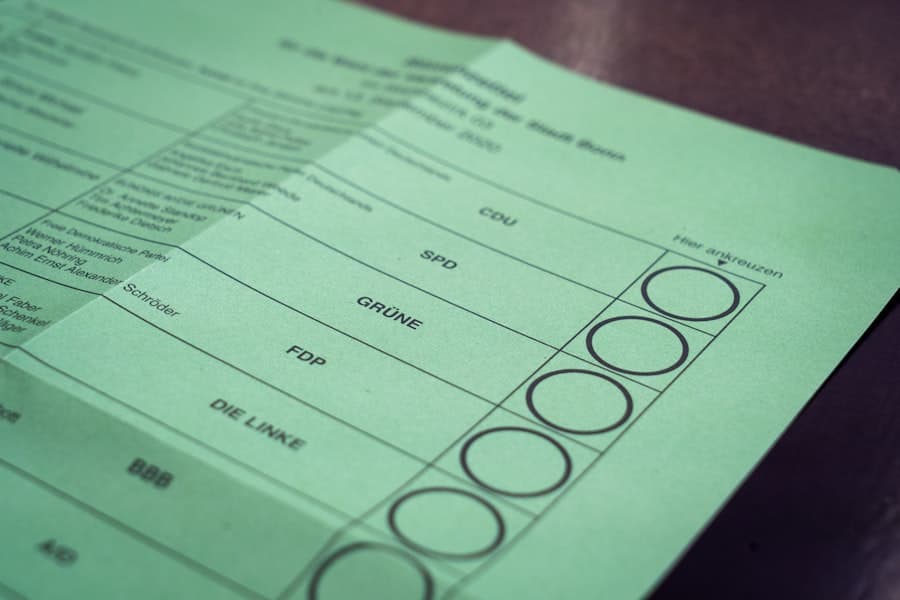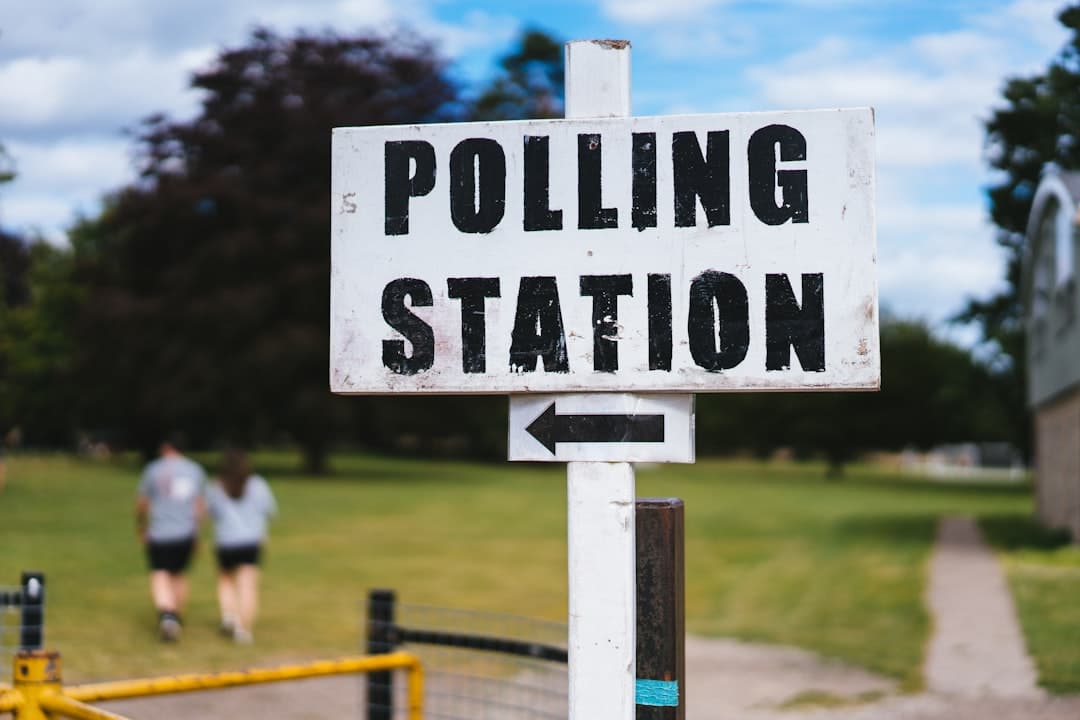The emergence of Decentralized Autonomous Organizations (DAOs) marks a significant shift in the landscape of digital governance. Initially conceptualized within the realm of blockchain technology, DAOs leverage smart contracts to facilitate decision-making processes without the need for centralized authority. This innovation has gained traction as individuals and organizations seek more democratic and transparent methods of governance.
The rise of DAOs can be attributed to several factors, including the increasing demand for transparency in decision-making, the desire for community-driven initiatives, and the technological advancements that enable decentralized systems. As traditional governance structures often face criticism for their inefficiencies and lack of accountability, DAOs present an alternative that aligns with the principles of decentralization and collective ownership. The ability to operate autonomously while being governed by code allows DAOs to function in a manner that is both efficient and resistant to corruption.
This paradigm shift is not merely theoretical; it has practical implications for various sectors, including finance, social initiatives, and even political movements. The growing interest in DAOs reflects a broader societal trend towards decentralization, where individuals are increasingly empowered to participate in governance processes that directly affect their lives.
Key Takeaways
- DAOs are on the rise in digital governance, offering a new way for communities to make collective decisions and manage resources.
- The principles and values of DAOs include transparency, inclusivity, and decentralized decision-making, aiming to empower individuals and promote fairness.
- The benefits of DAOs in digital governance include increased efficiency, reduced bureaucracy, and the potential for greater accountability and trust.
- Implementing DAOs comes with challenges and risks such as security vulnerabilities, potential for manipulation, and the need for clear governance structures.
- Successful examples of DAOs in digital governance include projects like Aragon, DAOstack, and MolochDAO, showcasing the potential for impactful community-driven initiatives.
- DAOs have the potential to disrupt traditional governance models by enabling more direct participation and decision-making from individuals.
- The future of DAOs in digital governance holds promise for greater democratization, innovation, and collaboration in shaping the future of society.
- Individuals can get involved in DAOs for digital governance by participating in existing projects, contributing skills and resources, and exploring opportunities for collective action.
The Principles and Values of DAOs
Transparency and Accountability
Transparency is paramount; all transactions and governance decisions are recorded on a blockchain, allowing stakeholders to audit actions and ensure accountability. This transparency fosters trust among participants, as they can verify the integrity of the organization’s operations without relying on intermediaries.
Decentralization and Democratization
The principle of decentralization is crucial, as it distributes power among all members rather than concentrating it in a single authority. This democratization of governance encourages active participation and engagement from all stakeholders.
Inclusivity and Fairness
By design, DAOs aim to create environments where diverse voices can contribute to decision-making processes. This inclusivity not only enhances the quality of decisions made but also ensures that the interests of various stakeholders are represented. Additionally, many DAOs operate on principles of fairness and equity, striving to create systems that reward contributions based on merit rather than hierarchical status.
The Benefits of DAOs in Digital Governance

DAOs offer numerous benefits that enhance digital governance frameworks. One of the most significant advantages is increased efficiency in decision-making processes. Traditional governance structures often involve lengthy bureaucratic procedures that can stifle innovation and responsiveness.
In contrast, DAOs utilize smart contracts to automate many aspects of governance, allowing for quicker consensus-building and implementation of decisions. This efficiency is particularly beneficial in fast-paced environments where timely responses are critical. Moreover, DAOs can significantly reduce operational costs associated with governance.
By eliminating intermediaries and streamlining processes through automation, organizations can allocate resources more effectively. This cost-effectiveness is especially appealing to startups and grassroots initiatives that may lack the financial backing to support traditional governance models. Additionally, the global nature of DAOs allows for participation from individuals across geographical boundaries, fostering collaboration and knowledge-sharing on an unprecedented scale.
This global reach not only enriches the decision-making process but also cultivates a diverse community that can drive innovation.
The Challenges and Risks of Implementing DAOs
Despite their potential advantages, implementing DAOs is not without challenges and risks. One significant concern is the legal ambiguity surrounding their operations. As DAOs often operate across multiple jurisdictions, navigating regulatory frameworks can be complex.
The lack of clear legal recognition for DAOs poses risks related to liability and accountability, which can deter potential participants from engaging with these organizations. Furthermore, the evolving nature of regulations in the blockchain space adds another layer of uncertainty for DAO operators. Security vulnerabilities also present a considerable risk for DAOs.
Smart contracts, while powerful tools for automation, are not immune to bugs or exploits. High-profile incidents, such as the DAO hack in 2016, serve as stark reminders of the potential pitfalls associated with poorly designed or inadequately audited smart contracts.
Additionally, the decentralized nature of DAOs can lead to challenges in achieving consensus, particularly when diverse opinions clash or when there is a lack of active participation from members.
Examples of Successful DAOs in Digital Governance
Several successful DAOs have emerged as exemplars of effective digital governance, showcasing the potential of this innovative model. One notable example is MakerDAO, which governs the DAI stablecoin—a decentralized cryptocurrency pegged to the US dollar. MakerDAO allows its community members to participate in governance decisions regarding risk parameters and collateral types through a voting mechanism powered by its native MKR token.
This participatory approach has enabled MakerDAO to adapt to changing market conditions while maintaining stability in its ecosystem. Another prominent example is Aragon, a platform designed to facilitate the creation and management of decentralized organizations. Aragon empowers users to establish their own DAOs with customizable governance structures tailored to their specific needs.
By providing tools for voting, fundraising, and dispute resolution, Aragon has become a vital resource for those looking to implement decentralized governance solutions across various sectors. These examples illustrate how DAOs can effectively manage complex systems while promoting transparency and community engagement.
The Potential Impact of DAOs on Traditional Governance Models

The rise of DAOs has profound implications for traditional governance models across various sectors. As these decentralized organizations gain traction, they challenge established hierarchies and centralized decision-making processes that have long dominated political and economic systems. The principles underlying DAOs—transparency, inclusivity, and decentralization—offer a compelling alternative to conventional governance structures that often struggle with inefficiency and lack of accountability.
In political contexts, DAOs could empower citizens by providing them with direct avenues for participation in decision-making processes that affect their communities. This shift could lead to more responsive governance that reflects the will of the people rather than being dictated by a select few. Additionally, as organizations increasingly adopt DAO structures, we may witness a transformation in corporate governance practices, where stakeholders have a more significant say in company operations and strategic direction.
This evolution could foster greater corporate responsibility and alignment with societal values.
The Future of DAOs in Digital Governance
Looking ahead, the future of DAOs in digital governance appears promising yet complex. As technology continues to evolve, we can expect advancements in smart contract capabilities and blockchain infrastructure that will enhance the functionality and security of DAOs. These developments may lead to more sophisticated governance models that incorporate elements such as reputation systems or decentralized identity verification, further bolstering trust among participants.
Moreover, as awareness of DAOs grows, we may see increased collaboration between traditional institutions and decentralized organizations. Hybrid models could emerge where established entities leverage DAO principles to enhance their governance frameworks while maintaining some level of centralized oversight. This convergence could facilitate knowledge exchange between traditional governance structures and innovative decentralized approaches, ultimately leading to more resilient systems capable of addressing contemporary challenges.
How Individuals Can Get Involved in DAOs for Digital Governance
For individuals interested in participating in DAOs for digital governance, there are several pathways to engagement. One of the most accessible ways is through joining existing DAOs that align with personal values or interests. Many DAOs actively seek new members who can contribute skills or expertise in areas such as development, marketing, or community management.
Engaging with these organizations often involves acquiring their native tokens, which typically grant voting rights and influence over governance decisions. Additionally, individuals can explore opportunities to create their own DAOs tailored to specific causes or initiatives they are passionate about. Platforms like Aragon or DAOstack provide user-friendly tools for establishing decentralized organizations without requiring extensive technical knowledge.
By leveraging these resources, individuals can mobilize communities around shared goals and implement governance structures that reflect collective values. In conclusion, the rise of DAOs represents a transformative shift in digital governance paradigms.
While there are challenges to overcome—such as legal ambiguities and security risks—the potential benefits are substantial. As individuals increasingly engage with DAOs, we may witness a reimagining of how communities govern themselves in an increasingly digital world.
A related article to How DAOs Are Reshaping the Future of Digital Governance Models can be found in this article about the best laptop for teachers in 2023. This article discusses the importance of technology in education and how teachers can leverage the latest laptops to enhance their teaching methods. Just like DAOs are revolutionizing digital governance, technology is also transforming the way educators interact with students and deliver content in the classroom.
FAQs
What is a DAO?
A DAO, or Decentralized Autonomous Organization, is an organization that is run through rules encoded as a computer program, which is transparent, controlled by the organization members and not influenced by a central government.
How do DAOs work?
DAOs work through smart contracts on a blockchain, which automatically execute the terms of an agreement when certain conditions are met. Members of a DAO can vote on proposals and make decisions collectively.
What are the benefits of DAOs?
Some benefits of DAOs include increased transparency, reduced bureaucracy, lower costs, and the ability to operate without a central authority. They also allow for global participation and can potentially increase efficiency in decision-making processes.
What are some examples of DAOs in action?
Examples of DAOs include decentralized finance (DeFi) platforms, decentralized autonomous corporations, and decentralized governance systems for blockchain projects.
What are the challenges facing DAOs?
Challenges facing DAOs include regulatory uncertainty, security vulnerabilities, scalability issues, and the potential for human error in coding smart contracts. Additionally, DAOs may face challenges in terms of accountability and dispute resolution.

